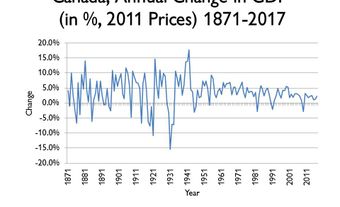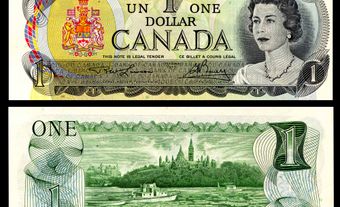
Mutual Funds
Mutual funds are portfolios owned by investment companies or trusts that raise capital by selling shares or units to the general public and that invest the proceeds in financial assets such as stocks, bonds, mortgages, options, futures, and money market assets. Mutual funds are also called open-end funds, so named because of the investors' mutual sharing of a portfolio that has no fixed bound or "end" on its size. They are the most popular form of investment companies, others being closed-end funds and segregated funds.An investment company may have many different mutual funds, each fund possessing different objectives and asset classes. The objectives, trading activity and asset classes of mutual funds vary widely but must be clearly stated to the investing public in a fund's prospectus. Funds may specialize in specific or mixed asset classes, thereby facilitating a large choice of investment funds. Fund objectives and policies are generally stated in terms of a fund's return and risk and include such terms as income, growth, balanced, active, passive, asset allocation, sector specialization, international, global, venture capital, high technology, commodities, small capitalization firms, labor-sponsored and index.
A mutual fund is a business incurring costs of operating, managing and marketing, and these costs are deducted from the proceeds received from the investors and/or the income generated by a fund's assets. The income is distributed from the dividends, interest, coupons and capital gains received from a fund's assets. However, a fund's distributed income is not subjected to double taxation.
Mutual fund shares or units are purchased directly from the investment company or their agents. Each share entitles the owner to a proportionate share of the portfolio's assets and their income less liabilities and expenses. On demand, a fund will buy from (redeem) and sell shares to the investing public, at a price equal to the net asset value per share of the fund plus any fees. This price will change daily as the prices of a fund's assets change. In the case of money market funds, the price (typically $10) does not change because the fund's income is continuously paid out in the form of additional units. A fund may charge a fee, called a load, which may be payable at the time of purchase (front-end load) or sale (back-end load); but most funds are no-load funds.
Each mutual fund has a board of directors or trustees overseeing the portfolio management activities that may be subcontracted to an investment advisory company and its portfolio managers. Mutual funds are subject to federal laws and provincial securities acts. Most funds are members of the Investment Funds Institute of Canada.
The recent large growth in the assets controlled by Canadian mutual funds reflects the investing public's diversion of funds to this class of financial investment. Advantages of investing in mutual funds may include obtaining a diversified portfolio with little investment, avoiding trading commissions, enhanced investment liquidity and obtaining professional portfolio management services. Disadvantages may include receiving a relatively low return due to a fund's large expense ratio, incurring a relatively large risk due to excessive fund turnover and loss of control in choosing specific assets.

 Share on Facebook
Share on Facebook Share on X
Share on X Share by Email
Share by Email Share on Google Classroom
Share on Google Classroom


